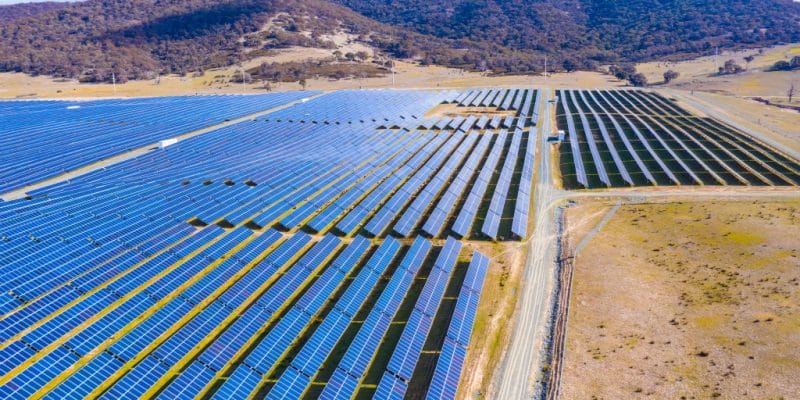The World Bank has approved $311 million in financing for Togo, Liberia, Sierra Leone and Chad. These funds are intended to support the production of renewable energies, in a global context marked by the rise in oil and gas prices on which several West African countries depend for electricity production.
The surge in energy prices on the international market has also had repercussions in sub-Saharan Africa, particularly in West Africa, where electricity companies are having difficulty supplying their thermal power plants. Relatively affected by the crisis, renewable energies remain an easy solution to implement. And it is more than ever advocated by the World Bank, which has just approved 311 million dollars in financing through its subsidiary, the International Development Association (IDA).
This funding is intended to support the development of renewable energy in West Africa, through the Regional Solar Emergency Response Project (Respite). “The solutions supported by the new project are multiple and have substantial benefits for the countries and the region. These include providing countries with fiscal space to address the food crisis resulting from the war in Ukraine, initiating clean energy development to mitigate the current electricity supply crisis, and combating climate change by helping countries move away from expensive and polluting fuels,” said Rhonda Jordan-Antoine, the World Bank operations team leader in charge of the project.
Impact on WAPP
According to this official, Respite will support regional integration through the synchronization of the West African Power Pool (WAPP), which is also receiving a $20 million grant from the IDA. Specifically, the project, which will be implemented in three West African countries (Togo, Sierra Leone, Liberia) and in Chad, involves the development of approximately 106 MWp of solar photovoltaic energy with battery electricity storage systems.
Read also- NIGER: AfDB releases $138 million for solar and mini-grid electrification
The World Bank funding will also support the expansion of 41 MW of hydropower capacity, as well as the distribution and transmission of electricity in the four countries. “Rising oil prices have increased the obligations of power companies, confronting countries with an acute power supply crisis that threatens to jeopardize their economic growth,” the Bretton Woods institution acknowledges.
Also, the countries chosen for the implementation of Respite are also the least electrified in sub-Saharan Africa. This is the case of Chad where barely 9% of the population has access to electricity according to Power Africa. For the record, WAPP, which is among the main beneficiaries of Respite, is a specialized institution of the Economic Community of West African States (ECOWAS), which aims to integrate national electricity networks into a unified regional electricity market.
Jean Marie Takouleu






